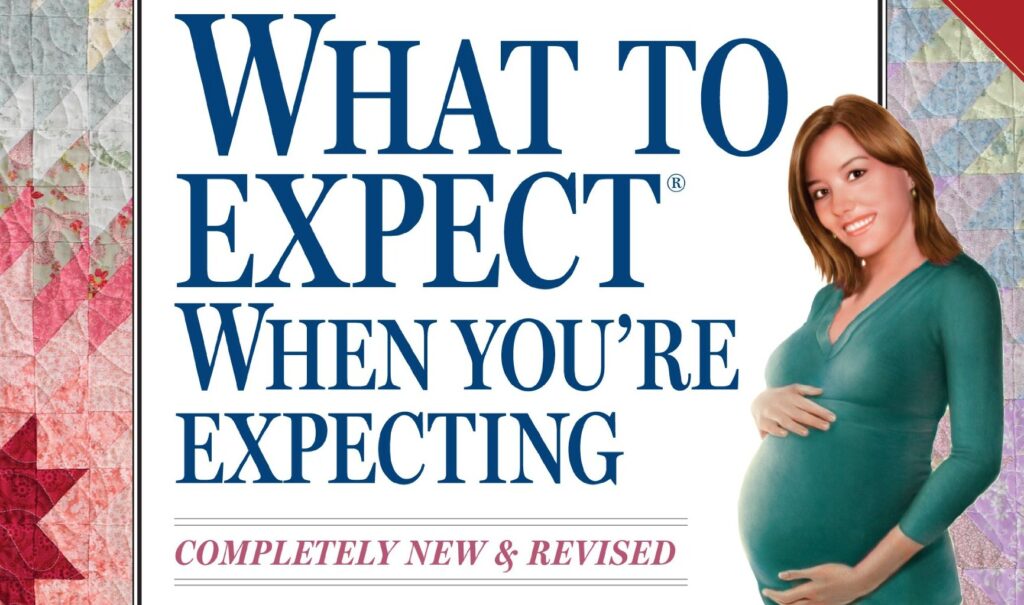The cowardice of the “expected”
 The word “expected” is a clear sign of bullshit in any written material. Here’s why:
The word “expected” is a clear sign of bullshit in any written material. Here’s why:
Writing contains two kinds of easily distinguished statements: facts and opinions. The writer vouches for the facts. And over time, you can see if the opinions turned out to be true.
But a statement with “expected” is an opinion stated as a fact, typically with no source or backup.The writer wants you to accept a statement, but doesn’t want to be held accountable. It’s a pseudo-fact, pregnant with possibility, but lacking responsibility.
“Expected” is the king of weasel words, the most pernicious of passive-voice evasions. All passive voice formulations hide the actor in a sentence. With “expected,” the one who expects something to happen is the writer, but that writer won’t take responsibility for their expectation. (The honest thing to write would be “I expect” something to happen, but journalists aren’t allowed to write honestly in the first person.)
A few recent examples:
Fox News article (6 April, AP): “With one last chance to connect with the jury, lawyers for Boston Marathon bomber Dzhokhar Tsarnaev are expected to continue to portray him as an aimless college student who fell under the domineering influence of his radicalized older brother.”
Honest rewrite: “I talked to a law professor who thought they’d keep blaming the guy’s dead brother.”
Washington Post article (4 April, Peter Holley): “Eight San Francisco police officers implicated in sending and receiving racist and homophobic text messages have been suspended and are expected to be fired, according to news reports.”
Honest rewrite: “I’m sure they’re going to be fired because it’s in all the other coverage but nobody will say it on the record.”
Lebanon Daily Star Article (6 April, Max Delaney/AFP): “The closed-door discussions [about the conflict in Syria] are expected to focus on humanitarian issues and serve as a way for Russia, a main backer of the Syrian regime, to build its profile as a potential mediator in the conflict.”
Honest rewrite: “I’m stuck here covering these talks but my best ‘expert’ sources and off-the-record whispers tell me the parties are just posturing.”
Washington Post article (6 April, Aly Seidel): “About 35,000 children, their parents, musical performers and celebrity guests are expected to descend upon the South Lawn of the White House on Monday for the 137th Easter Egg Roll.”
Honest rewrite: “I’m not telling you where I got that estimate. Could be the White House, could be from last year, or maybe I’m just making it up.”
Journalists will tell you that this formulation is a typical way to provide readers with the context for an article without going into the detail. But increasingly, it’s just a way that any writer can sneak pseudo-facts into a piece of writing without justifying them.
Lesson: “Expected” should set off alarm bells. When you read it, be skeptical of the pseudo-fact it introduces. And when you write it, slap yourself, then rewrite with an honest formulation of who expects it. If you expect something to happen, either own up to it (“I expect”) or rewrite with evidence (“Based on . . . you can pretty much count on . . . happening.”)
Photo: Amazon.com
Expectations are I will enjoy your future articles.
I expect to live up to your expectations.